Navigating Cancer with Confidence
Cancer insurance provides valuable support to your employees and their families during a cancer diagnosis, treatment, and recovery journey. This essential benefit strengthens your overall benefits package without adding to your company's costs.
Boosting Benefits without Increasing Costs
Providing comprehensive benefits is crucial for attracting and retaining top talent. However, it can be challenging for employers to offer competitive packages without adding significant costs. Colonial Life's cancer insurance helps bridge this gap, offering additional coverage your employees may need while fostering a strong benefits package that enhances retention.
Cancer insurance goes beyond traditional medical coverage to help offset both direct and indirect costs associated with cancer. Benefits can assist with expenses such as:
Deductibles and co-pays
Out-of-network treatment
Travel, accommodation, and meals during treatment
Child care
Home health services
Some plans also cover annual cancer screening tests, encouraging prevention and early diagnosis.
Our cancer insurance is thoughtfully designed to align with the needs of both employers and employees, creating a mutually beneficial solution.
For Employers and HR Professionals
Build a strong benefits package that attracts and retains highly sought-after employees without adding costs to your budget.
Manage rising insurance costs through voluntary benefits and explore opportunities for savings.
Simplify enrollment for all benefits, including traditional medical plans, with the help of our nationwide network of licensed benefits counselors.
Reduce administrative workload through our efficient enrollment solutions and 24/7 support.
For Your Employees and Their Families
Experience peace of mind knowing they can focus on recovery without financial stress.
Receive direct benefit payments (unless specified otherwise) that can be used according to their needs, regardless of other existing insurance.
Choose coverage options tailored to their individual needs or to include eligible dependents.
Benefit from the flexibility of portable policies, enabling them to keep their coverage even when they switch jobs.
FAQS
What is the difference between term life insurance and whole life insurance?
Term life insurance provides coverage for a specified term, typically 10, 20, or 30 years. It offers a death benefit to your beneficiaries if you pass away during the term, but it doesn't accumulate cash value. Whole life insurance, on the other hand, provides lifelong coverage and includes a savings component that builds cash value over time. While term insurance is usually more affordable, whole life insurance can serve as both protection and a long-term investment.
How does cancer insurance differ from my existing health insurance?
Cancer insurance is designed to provide additional financial support specifically for cancer-related expenses that may not be fully covered by your health insurance. It can help with costs like treatment, medication, travel, and even lost wages due to illness. While health insurance covers a wide range of medical expenses, cancer insurance focuses on providing targeted financial assistance for the unique challenges posed by a cancer diagnosis.
How does health insurance work in a group plan?
Group health insurance is typically provided by employers to their employees. In a group plan, the employer negotiates with an insurance provider to offer coverage to all eligible employees. Employees usually share the cost of premiums with their employer. Group health plans often provide comprehensive coverage and lower premiums than individual plans. When you need medical care, you'll typically pay a portion of the costs (such as copayments or deductibles), and the insurance plan covers the rest. Group health insurance is a valuable employee benefit and helps individuals access essential healthcare services at a reduced cost.

